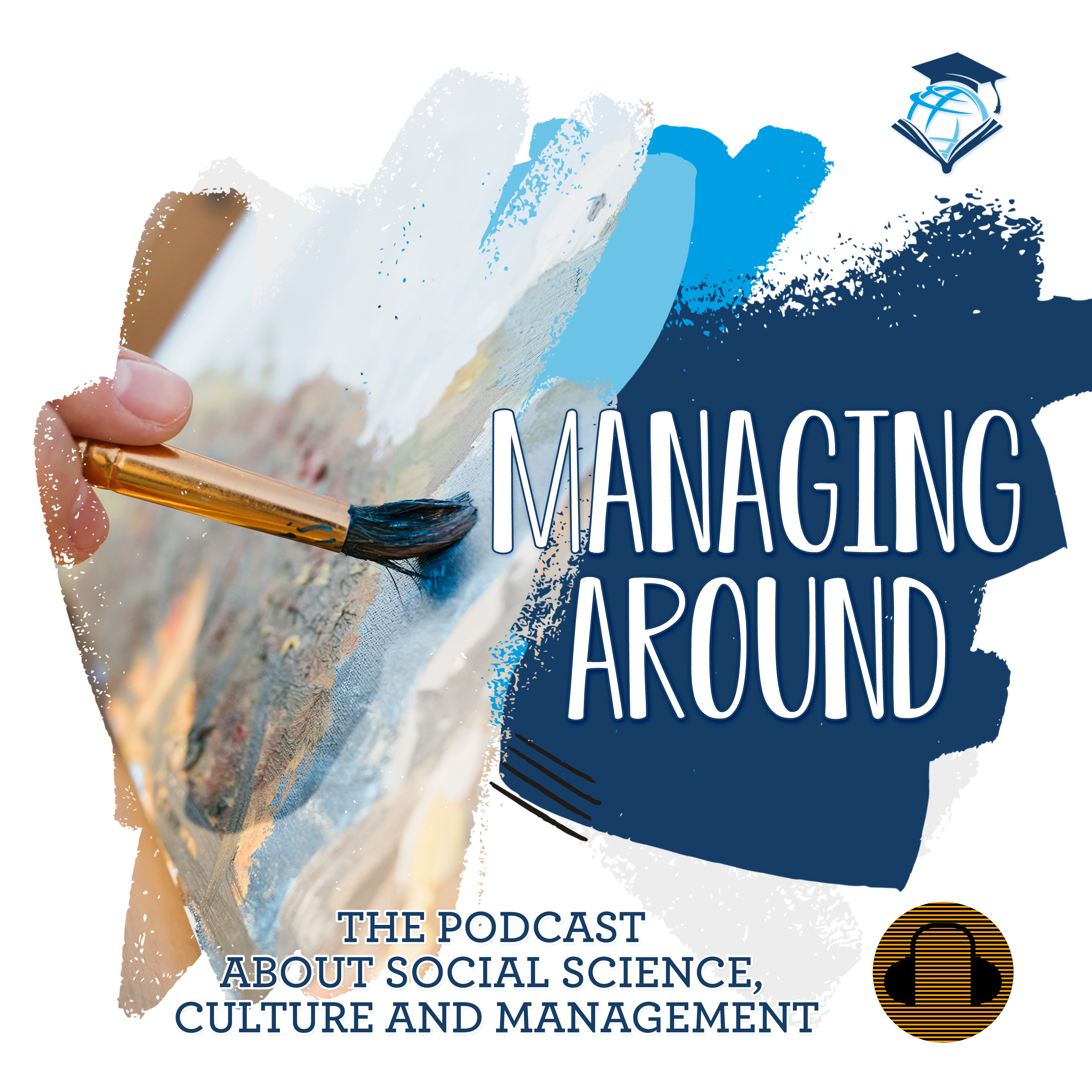In this episode, I will discuss a few insights we have gained in a recent cross-national project about GAmification in TEaching at VET schools (GateVET).
In this podcast, I will give a brief summary of the most intriguing results. We will start with a description of the study background and methodology to analyse critical teaching and learning situations.
In this podcast, I will develop an answer to the question of how can Virtual Reality be sustainably implemented into formal education. In doing this, I will present a specific didactical framework, recently developed in a project called Hotel Academy.
This episode will go under the surface of feeling stupidity as a teacher in class and suggests four strategies of being productively stupid in your teaching.
In today’s episode, I will introduce you to the field of entrepreneurship learning and education research that is primarily concerned with analyzing and reflecting on the process, conditions, contexts, and results of learning and teaching during entrepreneurial activities.
In this episode, I will review and share with you a recent reading of Otto Scharmers' book ‘The Essentials of Theory U’ (2018).
This podcast will provide insights into agile leadership in social work organisations. We will start with what it is and will discuss later how it could change the work in these organisations. What I will present in the following is a short summary of the research, I undertook the last few days.
In this episode, we will talk about this technology and its application to education. In doing that, I will make you familiar with the advantages and drawbacks.
In this episode, I will make you familiar with this relatively new type of teaching resources. We will start with the question of what OER are, how useful they are and why you should create your own. Last, but not least, we will get you started creating your first OER.
